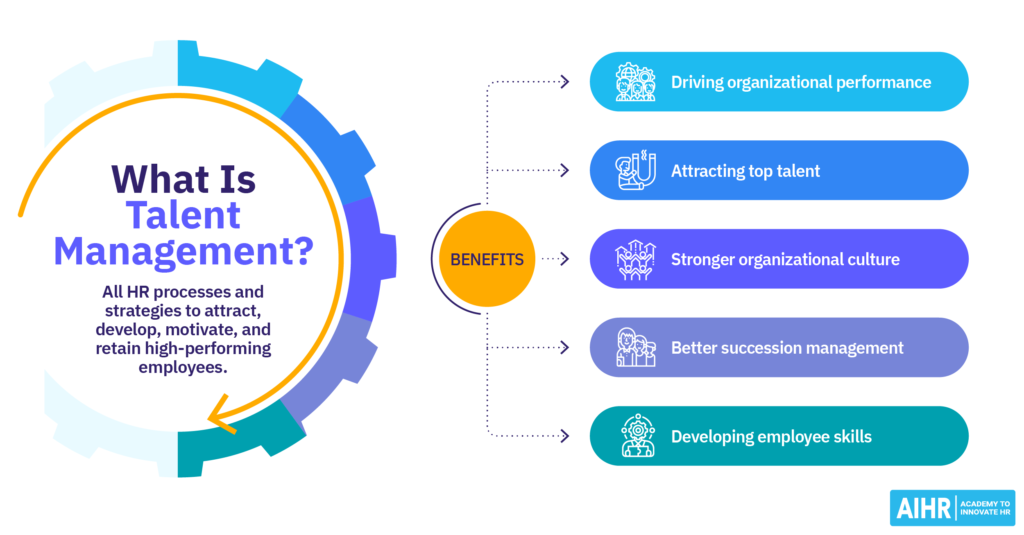The post-9/11 world significantly faces the threats of cyber-financial crimes, such as terrorist financing and illicit monetary flow from the global South to the North. Money laundering in offshore bank accounts has become a routine for wealthy politicians, business owners, and other influential individuals. Companies launder funds to their accounts abroad and disguise their money trails as legal.
Therefore, it is mandatory for financial and non-financial organizations to verify business before establishing B2B relationships.
What Does KYB Mean?
KYB stands for know-your-business, which refers to the authentication of any company getting onboarded with your organization. KYB checks the legitimacy of a business and identifies if the owner possesses an illegal identity. It is the first step in the client onboarding procedure because knowing your business leads to familiarizing yourself with the possible success rate of partnerships. Similarly, it gauges the potential risk associated with a specific company before initiating an alliance.
In other words, it is the same as the know-your-customer (KYC) procedure, which is aimed at individual customers. Business-to-business cooperations are maintained solely on the foundation of mutual trust, accountability and transparency. Thus, organizations should simplify their KYB procedures to verify business effectively.
Necessary Information Required to Verify Company
Statista estimates that there are about 333.34 million companies in the world as of 2023. Thus, KYB is vital to create a secure space for businesses worldwide. The identity verification process in KYB is similar to that of know-your-customer. It also incorporates the document authentication method during company verification. The necessary information organizations require before identifying their allies includes the complete business profiles and portfolios.
It is deemed essential to indicate the security vulnerabilities associated with them. Most significantly, the credentials are verified to trace any links to money laundering networks or terrorist sponsorship chains. Hence, the following documents and information are acquired during the KYB process to ensure anti-money laundering compliance.
- The complete name, location and founding date of the company
- Registration or license number
- Its legal documents, such as government-issued licenses and registration papers
- A comprehensive bio-data of the business’s top management
- Identity documents of the ultimate beneficial owner (UBO), the legitimate entity to whom all the business rights and profits belong
- Profile of the beneficial owners or the shareholders owning a minimum of 25% of stakes in the corporation
These documents are collected and verified through automated technologies, such as a fake document checker. Any edited contents or entirely fake records are detected via artificial intelligence-powered tools to determine the legality of a company. Thus, knowing every piece of information to verify business is critical for ensuring the safety of B2B relations.
Value of Business Verification in Financial Institutes
A shell company possesses neither legitimacy nor legality. It is established on paper only. Shell organizations have become a haven for business tycoons and politicians to conceal their assets and the source of their ill-gotten wealth. Therefore, financial institutions, specifically banks, must ensure that the businesses they take on board are not a part of shell corporations. For this purpose, they should conduct an in-depth scrutiny of all the documents provided.
It is paramount for banks to check the money trails of every company to identify any links to money laundering or criminal networks.
Likewise, if a business adopts any virtual currency and attaches itself to a crypto exchange, the latter faces a threat of illicit funds transfers. Therefore, the exchanges should verify business through a seamless KYB process. It is inevitable for them to shield the digital asset industry from financial fraud and money laundering, and conducting a swift KYB procedure is the only solution.
The crypto sector should begin by collecting all the necessary company documents and records of its financial activity. They are verified to identify any anomaly. Therefore, the document validation process in cryptocurrency exchanges and banks is the same as in non-financial organizations, resulting in AML/CFT compliance.
Automated Business Verification Services
There are plentiful options for companies to seek KYB services from. Software-as-a-service providing organizations offer automated solutions to conduct a coherent KYB process during business onboarding. They provide a one-stop point for all the relevant services. For instance, businesses can access global and national databases for client verification in a single software interface. They can perform identity checks in accordance with worldwide watchlists, including those of politically exposed persons and the Financial Action Task Force (FATF).
Furthermore, companies can resort to character recognition technologies to retrieve document data. This enhances the overall KYB measures and enables the organization to initiate secure B2B partnerships. Consequently, all small and large-scale businesses become compliant with AML regulations.
The Bottom Line
KYB is how companies verify business before taking it on board. It is a compulsory procedure that involves document verification of other organizations to ensure secure and transparent business collaborations.




